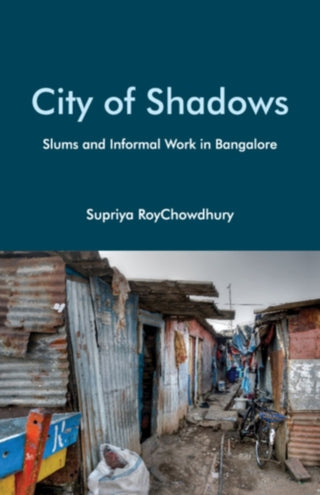-
Alongside debates over rising inequalities, the stubbornness of urban poverty, globally, has emerged as a major academic and policy concern. Urban poverty policy positions are typically framed by paradigms of basic services and welfare. In the backdrop of Bangalore's evolution into India's silicon valley, the book presents research spanning old, inner city slums, new migrant settlements in urban peripheries, slum development projects, and garment export and construction workers, highlighting that intergenerationally, the urban poor remain tied to traditional low paying occupations, or, get incorporated into new urban growth channels (export industries, low end services) under highly unfavourable terms and conditions. Using the concepts of the old and the new poor, to explore channels of inclusion and exclusion, the book underscores that the poor's vulnerabilities are defined by different regimes of informality. Debates on the urban poor's political agency are used to problematize informality's complex relationship to contemporary theories of class.
Alongside debates over rising inequalities, the stubbornness of urban poverty, globally, has emerged as a major academic and policy concern. Urban poverty policy positions are typically framed by paradigms of basic services and welfare. In the backdrop of Bangalore's evolution into India's silicon valley, the book presents research spanning old, inner city slums, new migrant settlements in urban peripheries, slum development projects, and garment export and construction workers, highlighting that intergenerationally, the urban poor remain tied to traditional low paying occupations, or, get incorporated into new urban growth channels (export industries, low end services) under highly unfavourable terms and conditions. Using the concepts of the old and the new poor, to explore channels of inclusion and exclusion, the book underscores that the poor's vulnerabilities are defined by different regimes of informality. Debates on the urban poor's political agency are used to problematize informality's complex relationship to contemporary theories of class.

